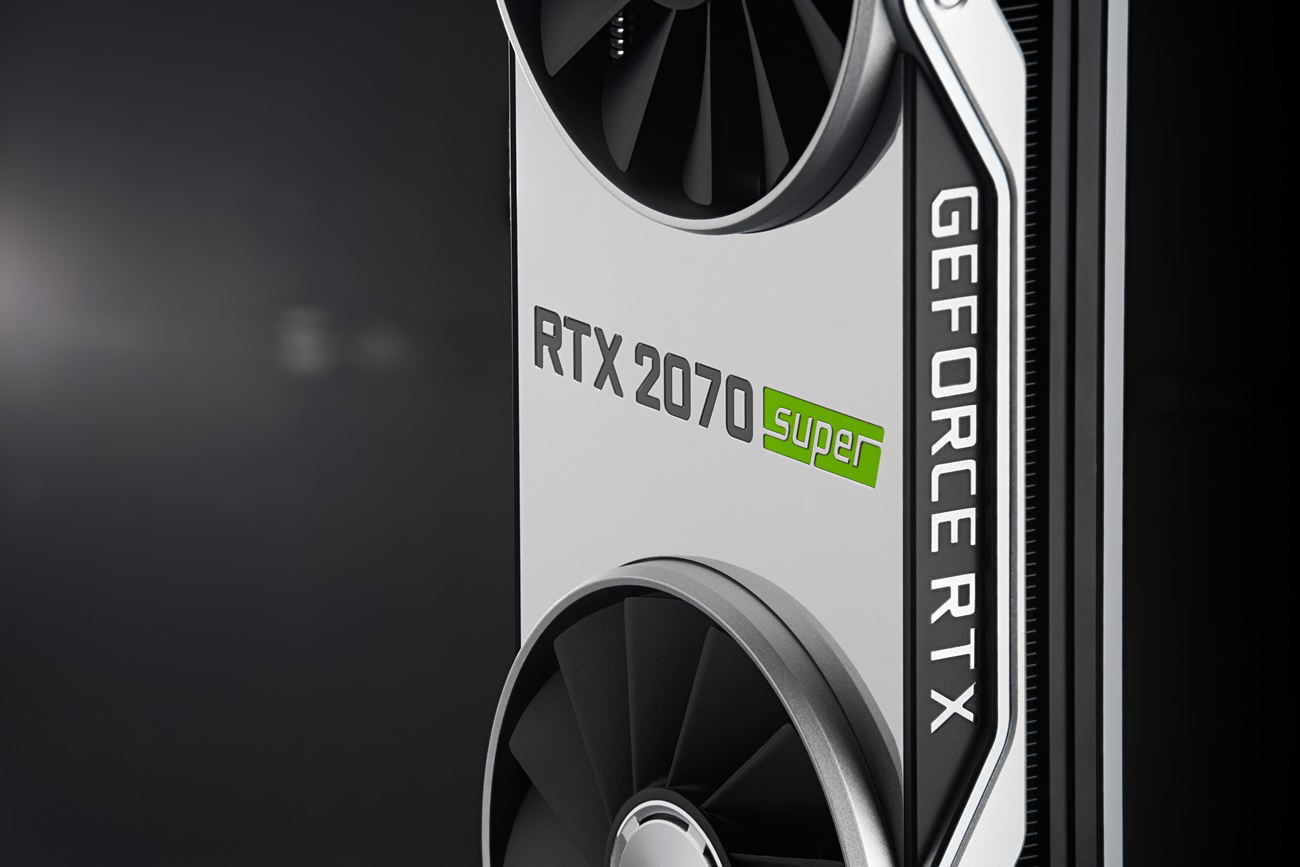Nvidia declares RTX a ‘home run’ as gaming revenue picks up
From Nvidia's vantage point, ray tracing in the future and RTX is where it's at.

In case you are wondering, "RTX is doing fantastic," according to Nvidia CEO Jensen Huang. He made the comments during an earnings call with investors, in which he and others at Nvidia talked about the state of PC gaming and the company's recent revenue figures.
"Overall, for PC gaming—RTX is doing fantastic. Let me tell you why it's so important. I would say that at this point, I think it's fairly clear that ray tracing is the future and that RTX is a home run," Huang said.
His basis for that analysis is that "just about every major game developer" has now embraced ray tracing to some extent. It's definitely a different picture now than it was when Nvidia first introduced its GeForce RTX graphics cards, and as Huang notes, "even the next generation consoles had to stutter step and include ray tracing."
"The photorealistic look is just so compelling, it's not possible to really go back anymore. And so I think that it's fairly clear now that RTX ray tracing is the future. And there are several hundred million PC gamers in the world that don't have the benefits of it, and I'm looking forward to upgrading them," Huang said.
Nvidia just reported revenue for its fiscal third quarter. It collected $3.01 billion, which is down 5 percent from the same quarter a year ago, but up 17 percent from the $2.6 billion it collected last quarter. It's also the first time quarterly revenue has topped $3 billion in a year.
This suggests Nvidia is headed in the right direction. Its gaming business continues to be its primary driver, accounting for more than $1.6 billion in revenue, which is down 6 percent year-over-year but up 26 percent sequentially.
Nvidia does not provide a breakdown of individual card sales, so we don't know how much of the recent revenue push is the result of GeForce RTX sales versus GeForce GTX sales. However, Nvidia likely benefited from rolling out refreshed Super models to both its RTX and GTX series. Same goes for having a broader modern-generation product stack, compared to AMD's Navi cards. And as the year wraps up, it could get another boost if Black Friday deals drive more sales.
Keep up to date with the most important stories and the best deals, as picked by the PC Gamer team.
Another interesting comment Huang made relates to gaming on notebooks.
"Notebook PC gaming really didn't exist until Max-Q came along. And our second-generation Max-Q, this last season, really turbocharged this segment. Over 100 laptops are now available for PC gaming. And my sense is that this is likely going to be the largest gaming platform," Huang said.
I don't entirely agree with that segment. Certainly Max-Q helped usher in thinner and lighter gaming laptop designs, but I think it's an exaggeration to saying gaming on laptops didn't exist prior to Max-Q. Nevertheless, Huang's comments indicate Nvidia will be targeting laptop gaming pretty hard going forward.
You can listen to Nvidia's webcast to hear everything else Huang said, or scan the transcript at Seeking Alpha.
Paul has been playing PC games and raking his knuckles on computer hardware since the Commodore 64. He does not have any tattoos, but thinks it would be cool to get one that reads LOAD"*",8,1. In his off time, he rides motorcycles and wrestles alligators (only one of those is true).


